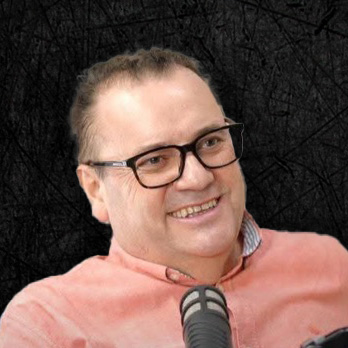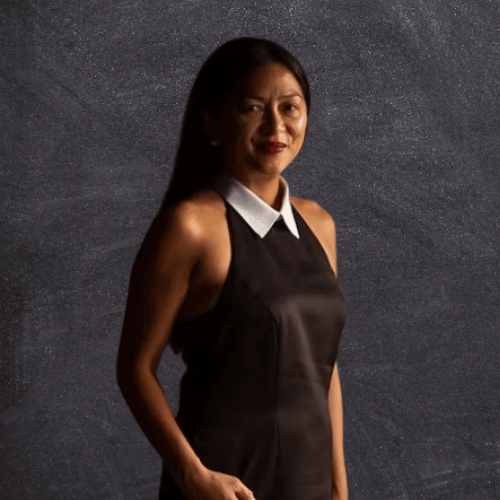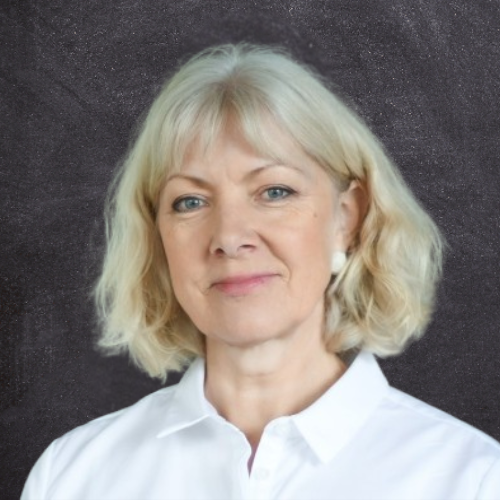A program for those shaping culture in Europe.
Since 1989, the European Diploma has trained cultural professionals in international cooperation. Over 600 alumni from 50 countries have joined this unique program, supported by the Council of Europe.
Learning objectives
- Deepen understanding of European, national, and local cultural policies.
- Enhance skills in managing cultural cooperation projects.
- Build an active network of European cultural managers.
Who is this training for?
Cultural professionals from public or private sectors with at least 3 years of experience and an ongoing or upcoming cooperation project. The training is conducted in English; proficiency is required.
The one-year program includes three phases:
- Two residential sessions of 9 days in two different European countries.
- A practical phase, involving the implementation of a personal project and a comparative study visit in another European region.
- An evaluation phase of 5 days, featuring project presentations and a thematic seminar.
Practical info
- Duration: 1 year
- Language: English
- Participation fee: €4,000
- Next session: dates to be confirmed
- Application deadline: to be confirmed
Each person shapes
their own learning journey.
Here’s what some of our alumni say about our programs.

“European diploma has immediate effect on me, when I enrolled it 2005. It was a direct insight into the vast knowledge of the most prominent European cultural educators. It was a direct contact with over 15 peers with whom I entered into dialogue and networking. It gave me insight of the cultural scenes in the country we visited. It stabilized me, it advanced my skills and it helped my orientation and confidence to carry international cultural cooperation projects. It was a turning point for my career in culture.”
— Robert Alagjozovski, freelance cultural operator, founder of Goten publishing, director of NGO Esperanza World culture center, member of pedagogic team of the European Diploma, ex-minister of culture of North Macedonia

Fate has it that my private and professional life in the arts are deeply intertwined. During my year with the Marcel Hicter diploma, I stepped into an unexpected and vibrant European network that expanded far beyond the classroom. Within months, I was inviting classmates to collaborate on projects spanning from Baguio City to Beijing, Helsinki to Kuala Lumpur, Langkawi, Manila, Tokyo, and Warsaw, thereby strengthening my vision as a curator to connect artists across disciplines and continents.
One of the most life-changing encounters was meeting fellow Hicterian Ruthe Zuntz — a friendship whose generosity and vision reshaped my path and eventually drew me from Singapore to Berlin for nearly a decade. Even now, the friendships forged in that intense, inspiring year hold a special magic, surprising me with their endurance and inspiring me to keep dreaming and creating, always reaching toward new possibilities.
— Vanini Belarmino (Singapore /Germany), independent curator, producer, and writer. She is the founder and managing director of Belarmino & Partners, a company established in Berlin in 2008 and Singapore in 2011

I joined the European Diploma in Cultural Project Management at the very beginning of my career in international cultural cooperation. It was the perfect moment to enroll — the program provided me with the knowledge, methodologies, tools, references, and network I needed to embark on a professional journey in international cultural relations.
I remain deeply grateful to the pedagogical team who supported my research-action project on urban contemporary music in Morocco. Although conceived as an academic exercise, it helped promote a burgeoning scene that, back in 2004, was still emerging but has since gained global recognition as one of the most dynamic in North Africa and West Asia.
Building on that experience, I later developed and taught a J-Term course at NYU Abu Dhabi titled “Music and Society: Fostering Belonging and Becoming,” which explores the role of urban and contemporary music in fostering inclusion among youth in culturally diverse societies.
Ultimately, the research-action project I carried out for the Diploma marked the beginning of my career as a researcher and practitioner engaged with cultural and creative ecosystems.
— Khadija El Bennaoui ( United Arab Emirates/Morroco ), Head of Department of Performing Arts- Ministry of Culture and tourism of Abu Dhabi

Before I joined the European Diploma, I felt my professional growth had plateaued. The program was the catalyst I needed to reignite my passion for cultural management. Beyond the professional development, the program’s greatest strength is its ability to build an incredible community. The connections I made with fellow participants from across Europe have become invaluable professional collaborations and, more importantly, lifelong friendships.
— Kulli Hansen (Estonia), Managing Director, Tartu Centre for Creative Industries, ( Tartu, Estonia) , Board Member, Estonian Fashion Festival
Residences
2015-2016
Poland/Slovenia
2016-2017
Luxemburg/Albania
2017-2018
Sweden/Palestine
2018-2019
Macedonia/Malta
2019-2020
Northern Ireland/Iceland
2020-2021
Croatia/Portugal